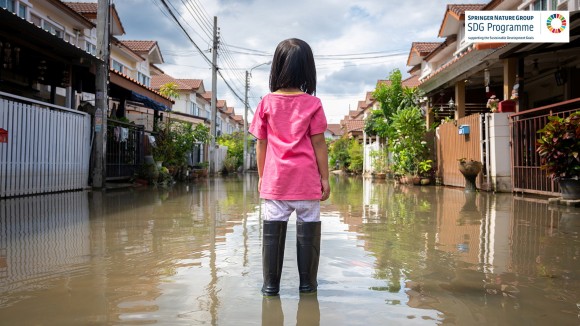Dr Rahim Barzegar is a Postdoctoral Researcher in the Department of Bioresource Engineering at McGill University in Canada. Before joining McGill in 2019, he obtained a PhD and MSc in Hydrogeology and a BSc in Geology from the University of Tabriz, Iran. He has worked as a Postdoctoral Researcher in joint projects at the University of Tabriz in Iran and Wilfrid Laurier University in Canada. His main research focuses on the exploration of new methods in machine learning- and deep learning-based hydrological modeling. His other research activities also revolve around time series analysis, water quality assessment, water resources management, and climate change impacts on water resources.
Joe Aslin joined Communications Earth & Environment in January 2020 and has a background in tectonics and structural geology. His doctoral research at the University of Liverpool focused on the physical and chemical processes which influence deformation in mid-crustal fault and shear zones using a combination of field and laboratory techniques. Prior to that, Joe used U-Pb geochronology to investigate the uplift and tectonic history of the central Andes during his MSci research at the University of Bristol. Joe is based in the London office.
Charles Axelsson handles environmental social science manuscripts for Nature Communications both quantitative and qualitative at the intersection of the social and physical sciences. He has a BSc in Geography, an MSc in Environmental Technology, and a PhD in the Science and Management of Climate Change from Universita Ca’ Foscari Venezia’s department of Economics. His doctoral research was on urban policy adaptations to flooding under climate change, where he assessed policies and stakeholder participation.
Tom Richardson joined Nature Geoscience in May 2020 following postdoctoral research at the University of Leeds, where he investigated precipitation and temperature responses to anthropogenic climate drivers. His previous research also included analysis of the atmospheric energy budget and carbon sequestration processes. He received an MPhys in Physics and Astrophysics from Lancaster University, before completing a PhD in Climate Physics at the University of Leeds.
Karin Sjöstrand joined Nature Water as an Associate Editor in April 2022, after 20 years of working with water challenges in both the public and private sectors. Her experience spans a wide spectrum of topics: water security; remediation; climate change adaptation; decision analysis; and water resources management. Karin has a PhD in Civil and Environmental Engineering from Chalmers University of Technology, Sweden. She has a background as an environmental consultant working with contaminated soil and groundwater, and as a public official working with environmental law and The European Water Framework Directive. Between 2013 and 2021 she worked as a project manager and researcher at RISE Research Institutes of Sweden where she focused on water supply and demand management. Karin is based in New York City, United States.
Yanhua Chen joined Nature Water as an Associate Editor in March 2022, after two and a half years working at the Paul Scherrer Institute. Yanhua completed her PhD at the Paul Scherrer Institute and the University of Bern. She then moved to Japan for a postdoc at the Japan Atomic Energy Agency. Her research over the past nine years focused on the geochemistry relevant to the geological disposal of radioactive waste. She received her master's degree in environmental engineering from ETH Zürich, where she focused on water resource management and soil protection. Yanhua is based in Shanghai, China.

